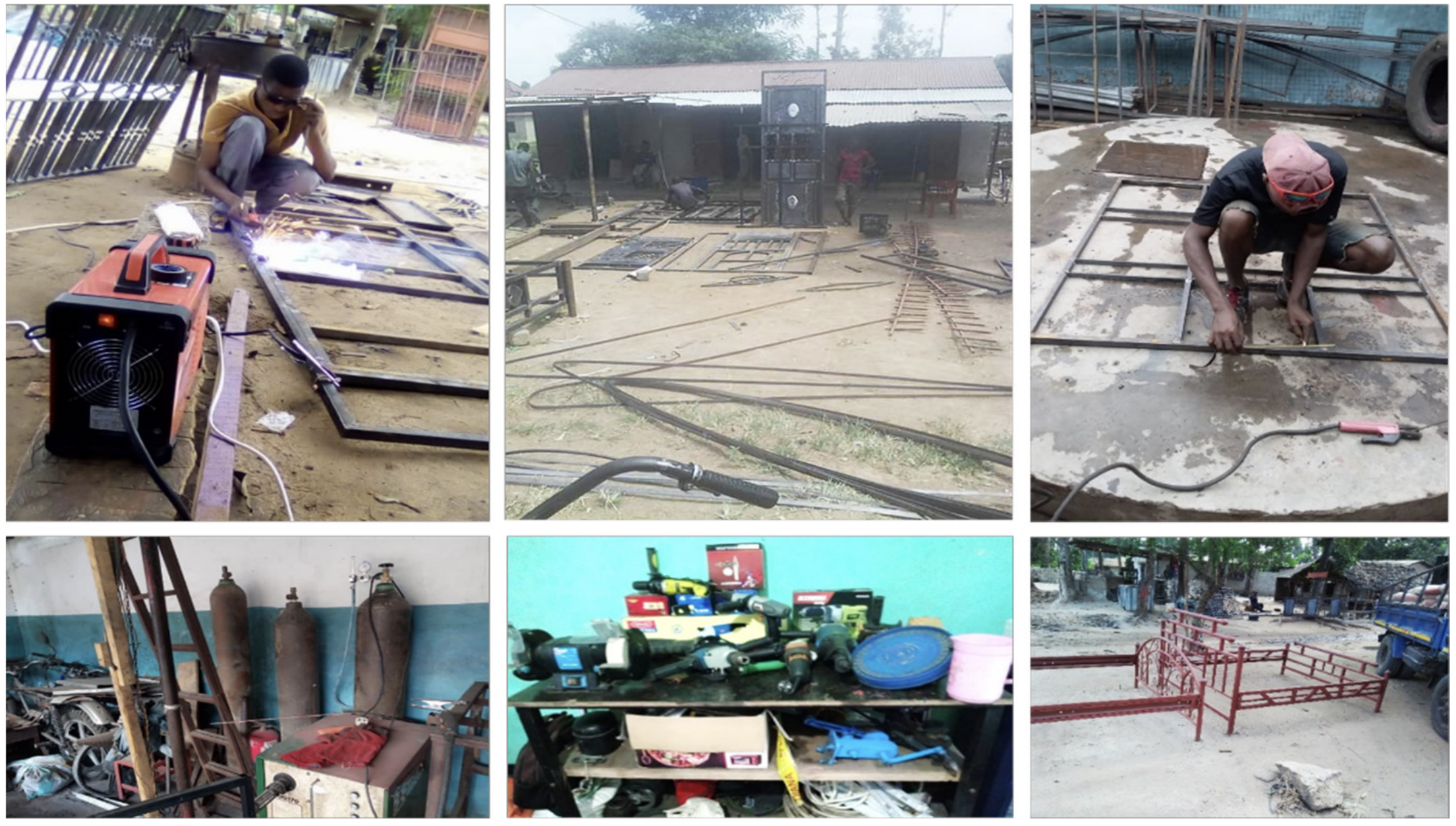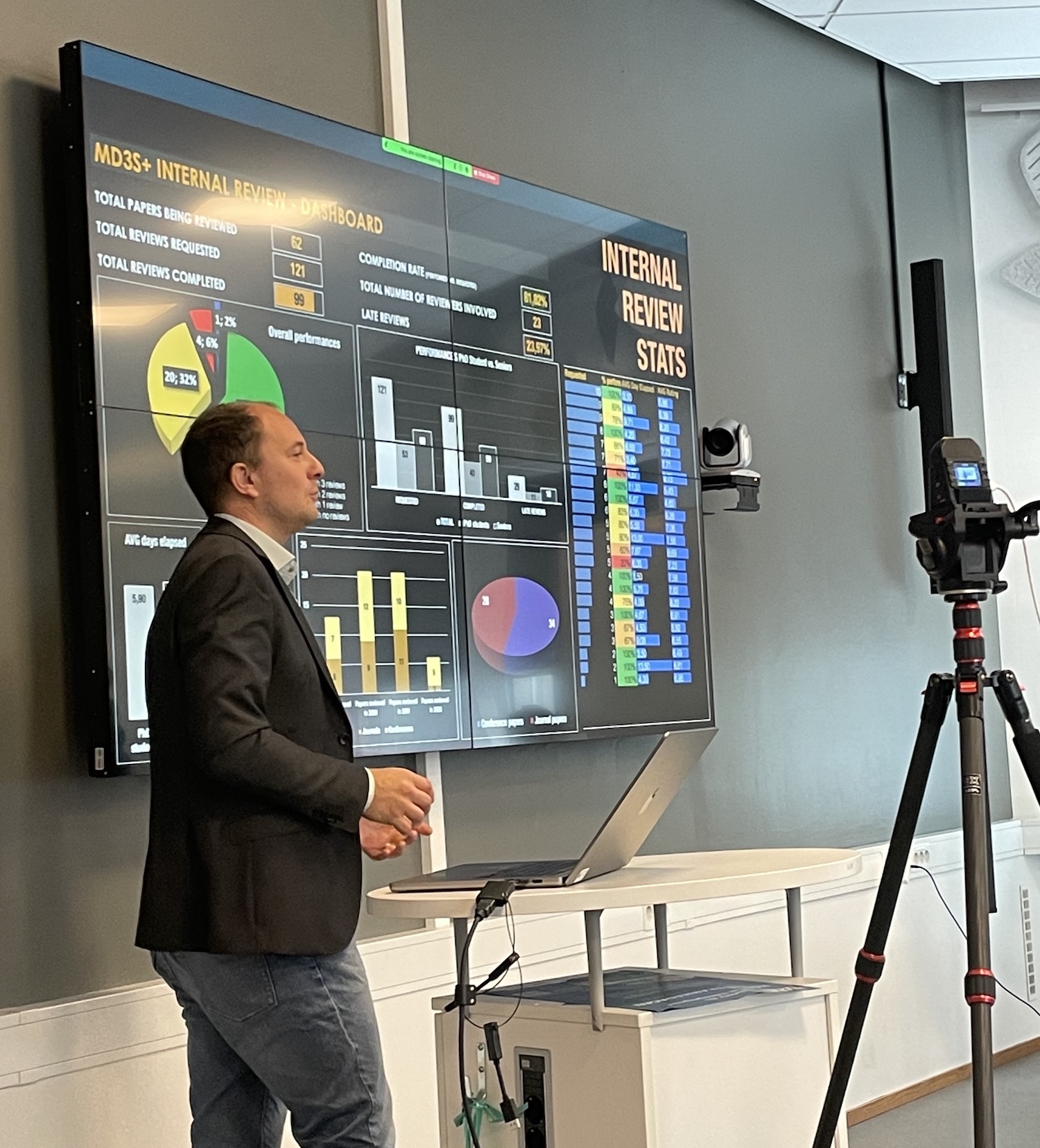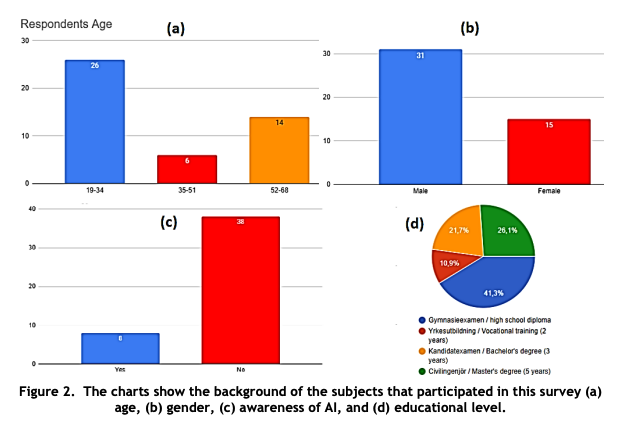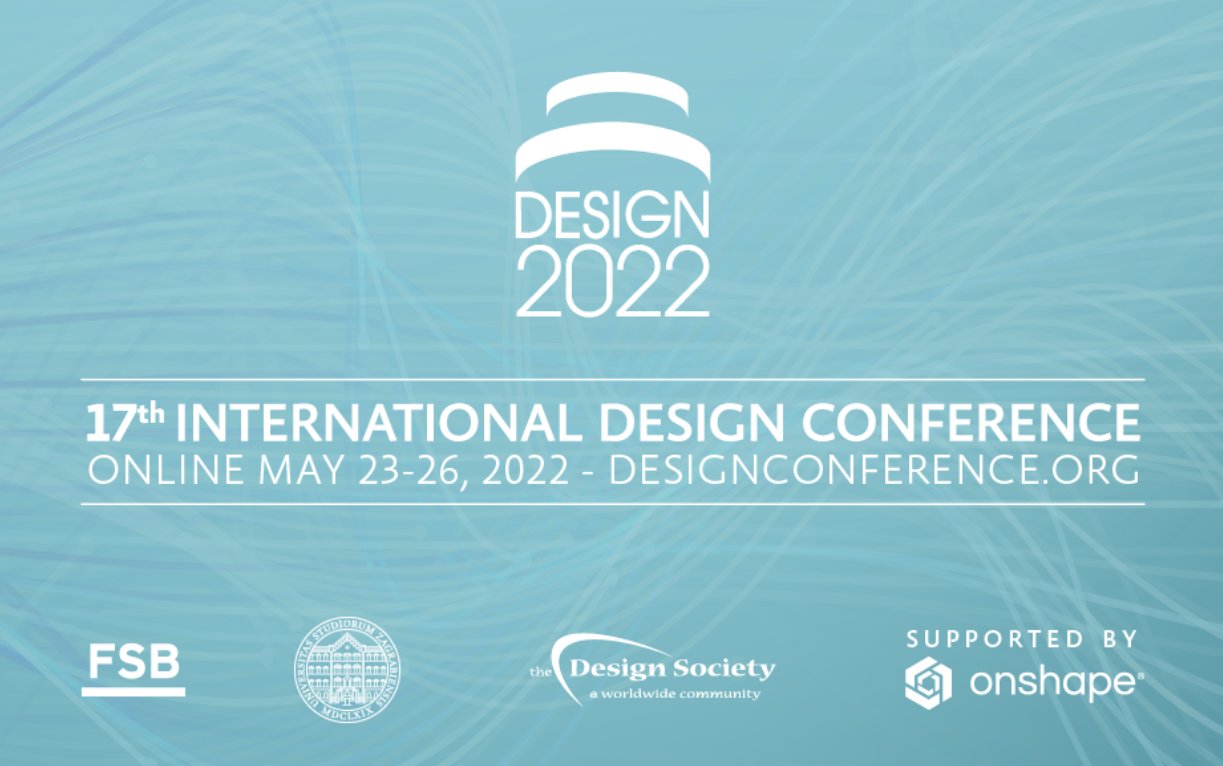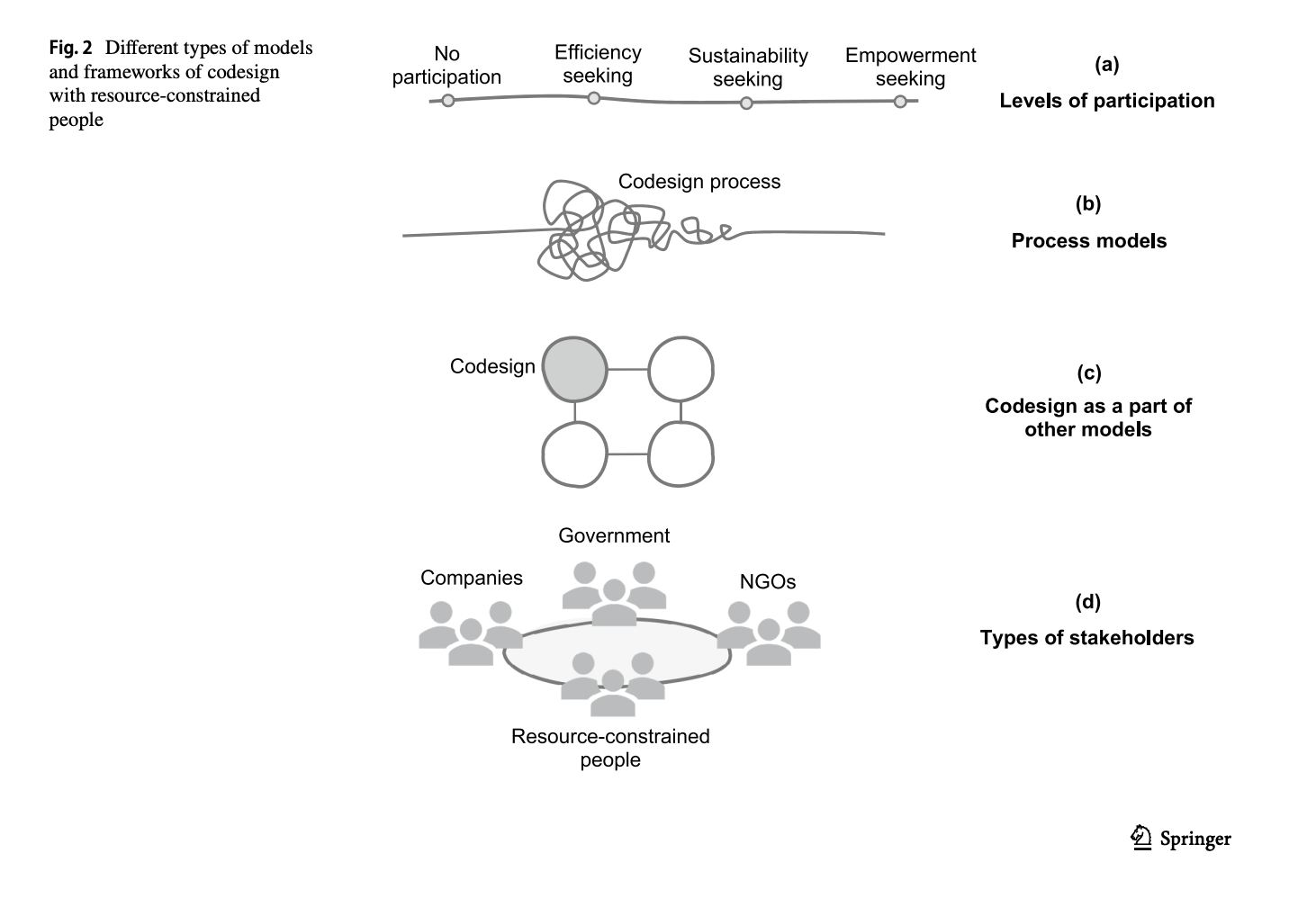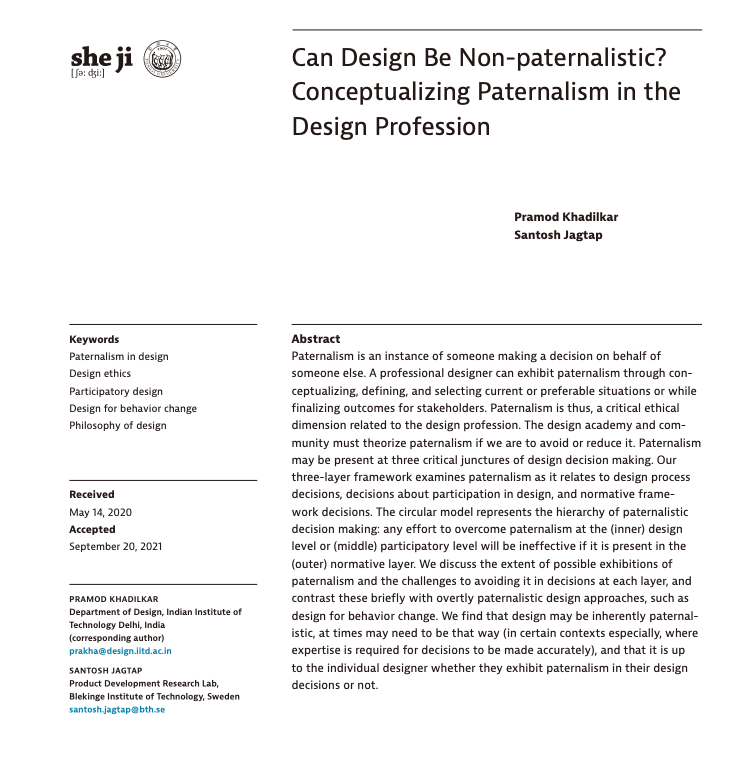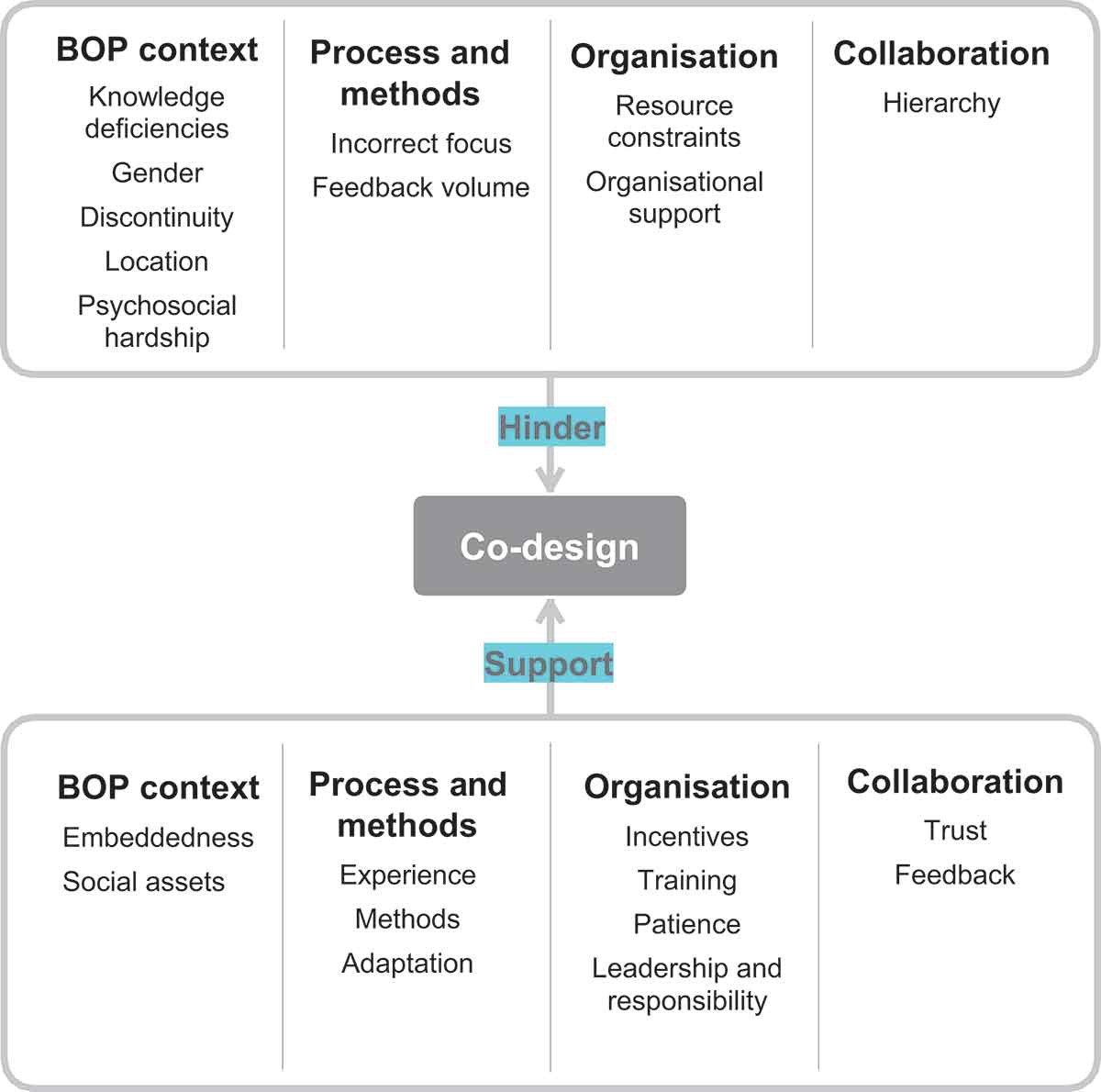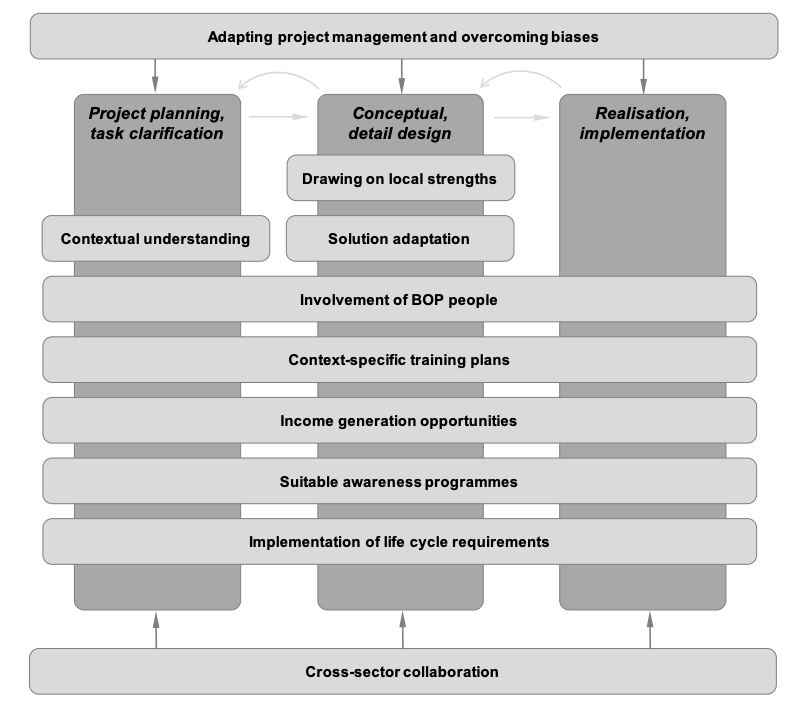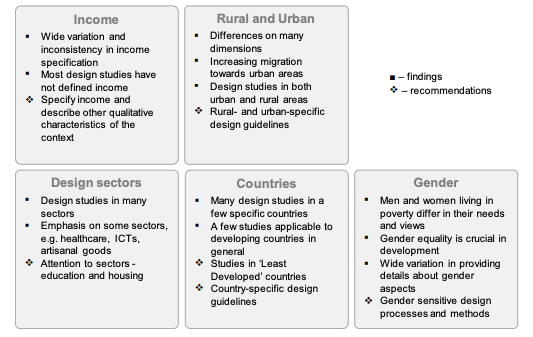Abstract Product design is a key aspect of human intelligence and creativity, attracting not onlyexperts but also people without any formal design training. Although numerous people in developingcountries design and manufacture products in metalworking microenterprises in the informal sector,there is still little knowledge about their design process. This paper aims to fill this gap in […]
Read More